Things You’ve Been Told About Aging That Just Aren’t True
Reaching 60 often triggers a wave of unsolicited advice about what you “can’t” or “shouldn’t” expect from your body anymore. Much of it comes from outdated research or persistent myths. Today, people are more aware that strength, mental sharpness, and overall health can remain high for decades if you don’t buy into the misinformation.
This list separates the facts from the fiction so you can age with evidence on your side.
Decline Is Inevitable After 60

Credit: halfpoint
Your muscles, balance, and memory don’t suddenly vanish at midnight on your 60th birthday. Regular strength training, smart nutrition, and staying socially active can slow or even reverse many signs of aging. Your body often lives up to or down to the expectations you set for it.
Depression Comes With Age
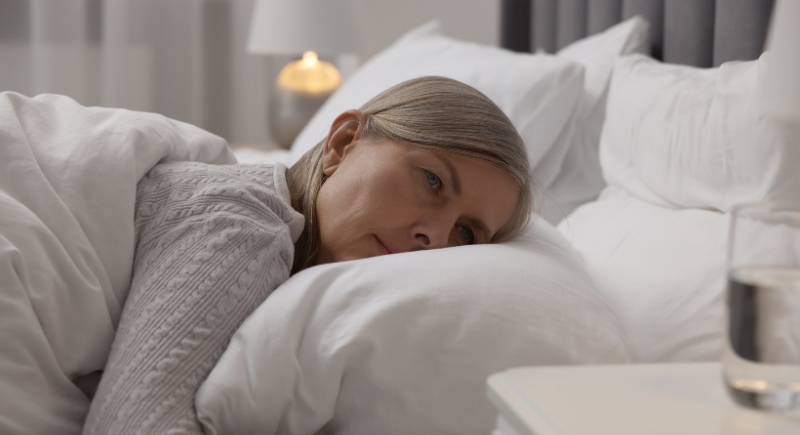
Credit: Africa Images
Feeling low is never just “part of getting older.” Depression is a treatable health condition, not a built-in feature of aging. In fact, there’s no age at which one experiences fatigue, irritability, or loss of interest. Effective treatment can restore energy, motivation, and enjoyment of life, no matter how many candles are on your cake.
Falls Can’t Be Prevented
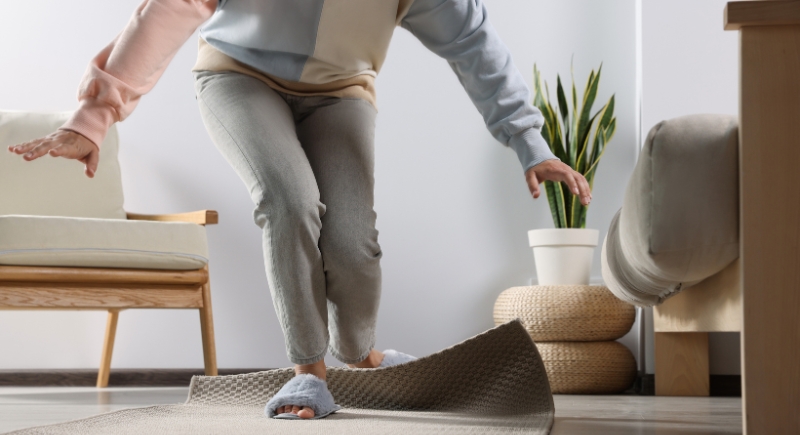
Credit: Africa Images
Trips and slips aren’t a given. Strength and balance work, clear walkways, good lighting, and regular vision checks all help cut the odds. Many people stay steady on their feet well into their 80s and beyond because they keep moving and train their bodies for control, not just muscle.
Older Adults Need Less Sleep

Credit: Getty Images
Your body still wants about seven to nine hours of solid rest each night, even after 60. Sleep cycles may shift, but good sleep fuels memory, mood, and immune function. Skimping can raise risks for heart disease, diabetes, and depression. Protect your sleep like any other health habit.
Dementia Happens to Everyone Eventually

Credit: Proxima Studio
Memory slips are common, but dementia is not guaranteed. Two-thirds of people over 85 never develop it. Staying mentally active, protecting cardiovascular health, and maintaining strong social connections all help reduce risk.
Pain Is Just Something You Have to Live With

Credit: Getty Images
Ongoing pain in joints or the back isn’t something you just have to accept. Arthritis, posture problems, and old injuries often respond to medical care, physical therapy, or specific exercises. With the right approach, many people find real relief and keep discomfort from ruling their daily life.
Sexual Health No Longer Matters After 60

Credit: pixabay
Interest in intimacy often continues throughout life, but stigma and embarrassment can keep people from discussing it with doctors. Sexual activity can bring physical, emotional, and even cognitive benefits. Open conversations about sexual health lead to better overall well-being at any age.
Exercise Becomes Too Risky

Credit: Canva
Worrying about injury can backfire. Strength, flexibility, and balance training actually help prevent falls and support independence. Even with chronic conditions, activity can be tailored to ability. The key is adaptation. Your body tends to reward the work you put into it.
Osteoporosis Is Only a Woman’s Problem

Credit: Canva
Men’s bones thin too, especially after age 70. Calcium, vitamin D, and weight-bearing activity are important for everyone. Bone loss can lead to fractures that are slow to heal, so prevention is worth the effort for both genders, regardless of what the old stereotypes suggest.
You Can Stop Medication Once Numbers Improve

Credit: Canva
When blood pressure, cholesterol, or blood sugar levels look good, it usually means treatment is working. Stopping without medical guidance can quickly reverse progress and raise the risk of serious complications.
Bladder Leaks Are Just Part of Aging
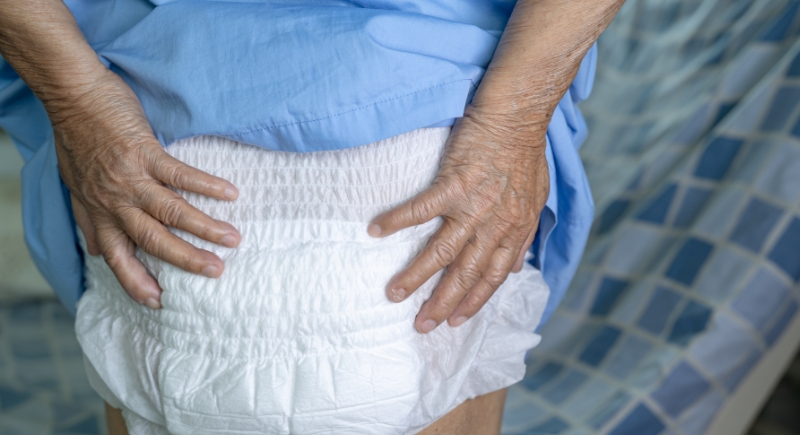
Credit: Canva
Leaks often come from issues that can be treated, like weakened pelvic muscles or side effects from medication. Lifestyle changes and medical procedures can dramatically improve bladder control. Accepting it as “just part of getting older” means missing out on effective solutions.
Addiction Doesn’t Happen Later in Life

Credit: Getty Images
Substance misuse can begin—or worsen—after retirement. Prescription medications, alcohol, or even over-the-counter drugs can become problematic. The good news is that treatment success rates in older adults are high. Recognition and timely support can restore health and independence faster than many expect.
Mental Health Care Can’t Help People With Dementia
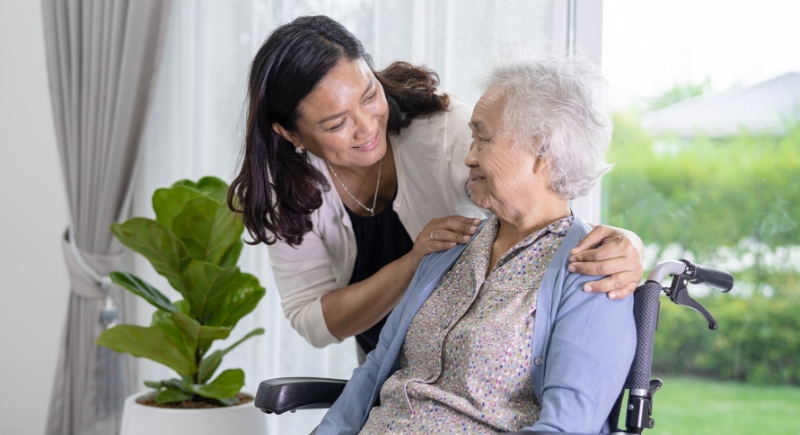
Credit: Canva
Even with cognitive decline, therapy and emotional support can reduce anxiety, improve mood, and ease distress. These interventions help both individuals and their caregivers. Dementia changes how care works, but it doesn’t erase the value of mental health support at any stage.
Hearing Loss Is Inevitable and Untreatable
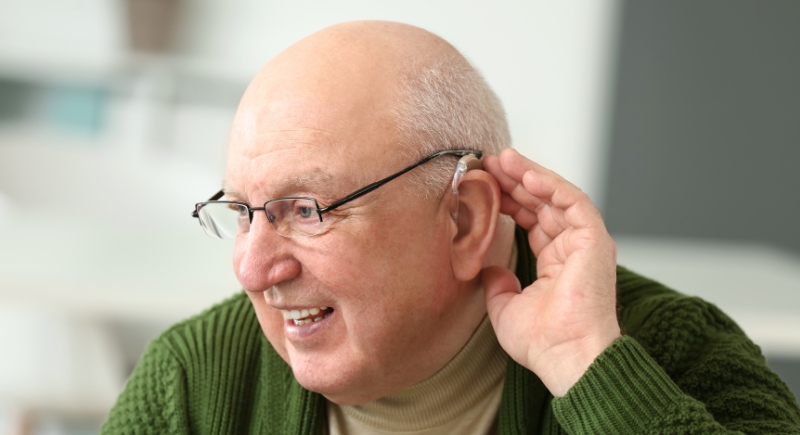
Credit: pixelshot
Hearing changes may be common, but they’re not untouchable. Modern aids, implants, and medical treatments can restore clarity and ease communication. Addressing hearing loss early may even lower the risk of depression and cognitive decline. Avoiding help only magnifies the problem.
Vision Loss Can’t Be Prevented
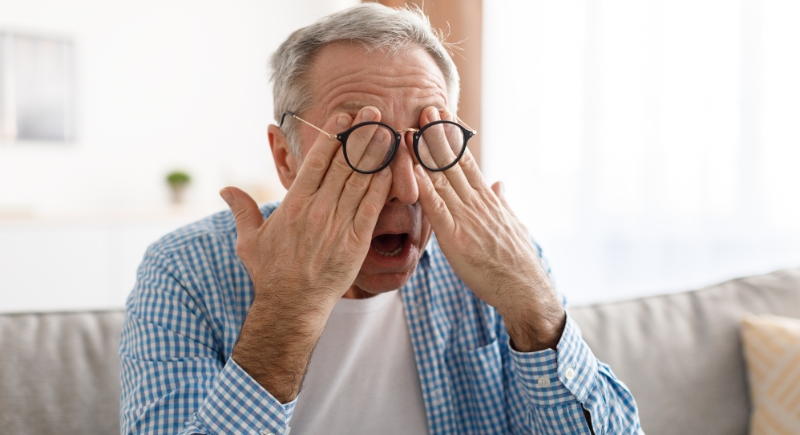
Credit: Prostock Studio
Many eye diseases are treatable or preventable when caught early. Regular exams can identify cataracts, glaucoma, or macular degeneration before major vision changes occur. Protecting eyesight is about much more than reading, as it helps preserve independence and quality of life.